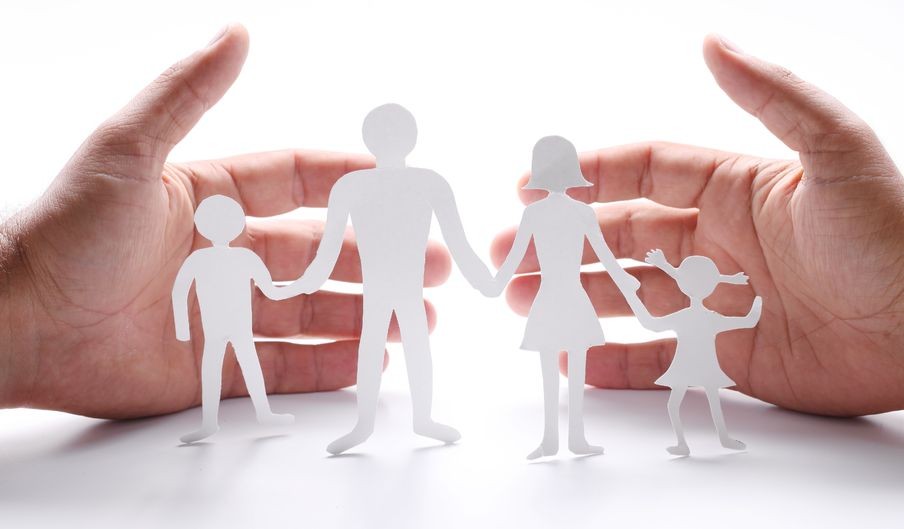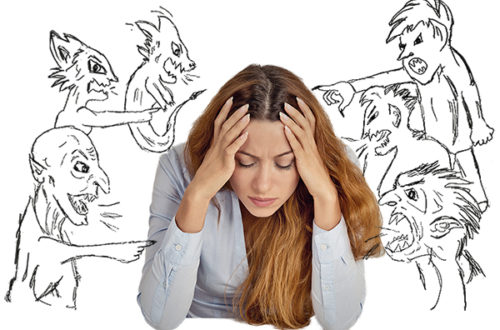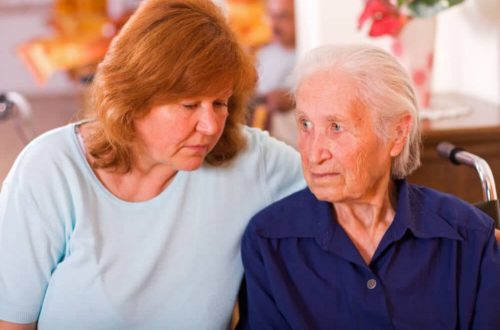In my practice, I am often frustrated and fascinated when parents drop their kids off to therapy the way cars are dropped off to mechanics. Sometimes I’m even tempted to offer them a loaner kid while I work on theirs. Upon pickup, parents expect a detailed explanation of what was broken, what caused the problem, and if the repairs will provide a long-term fix. There is at least a teeny tiny part of me tickled by the exasperated looks on their faces when I offer only vague details unless some mention of self-harm has been made. If I was a mechanic who returned a fixed car to owners who didn’t fully grasp the consequences of their mishandling of their car, it would be back in my shop within months. The same holds true for children.
Many parents identify their child as “the problem”, as if children are not affected by family dynamics, and the system around them bears no responsibility for the development of symptoms. The idea is not to blame parents, but to focus on the influence of the family emotional field on children, and to assess for generational patterns of behaviors and symptoms. Looking at children’s behaviors through a systems lens suggests we can either blame everyone, or no one. The important thing is to identify negative patterns so they may be changed.
I’ve worked with depressed teens whose divorcing parents treat them like friends to whom each bad-mouths the other parent; anxious prepubescent kids whose parents won’t let them out of their sight because danger always lurks somewhere, and even young children who tantrum at the slightest frustration, and whose parents escalate with them, therefore reinforcing the undesired behavior. In most cases, parents throw their hands in the air, blame their children, and deny their role in a problem’s creation. It would be win for everyone if parents accepted their own behaviors as more representative of themselves than the behaviors of their children. Instead, parents are convinced their children are reflective of them, and that in order to better reflect family stability and cohesion, their behaviors need to change.
When parents fail to participate in their child’s therapy, progress is stunted, and therapy can backfire. One way in which therapy can be counterproductive is that the child forms a bond with an outside member of the family instead of parents. Although I value my relationships with young clients, I would prefer they serve as a conduit to stronger parent/child bonds. Parents are often frustrated that their kids don’t talk to them or trust them, yet when the opportunity to increase those possibilities presents itself, they leave as if change in the child is all that is necessary to improve relationships.
Another disadvantage of parents not being in therapy with their children is that significant family history is unavailable because the better historian is absent. Children are less aware of family history and patterns, and are often shielded from the role mental illness has played through generations. Mental illness has a strong influence in the development of relationship intensity often transmitted between generations. For example, a grandparent who suffers from schizophrenia will form an anxious fusion with one child who becomes a caregiver. When the caregiver has children of her own, the relationship intensity is transmitted to the next generation, and the new child becomes the anxious focus of the new parent, and is prone to symptomatology throughout the life span.
The most significant consequence of children being identified as the family problem is a sharp decline in self-esteem. These children are aware they are perceived as stressors, and when they identify as such, the decline in self-esteem exacerbates anxiety, depression, or problematic behaviors When parents join therapy, family dynamics can be identified, everyone’s role in the dynamic is discussed, and everyone strives toward an individual change that enhances family functioning.
When family sessions occur, it is the therapist’s responsibility to redirect too much focus placed on one person. It is often the case I begin a family session with “So, how is family life”? only to have a parent respond with, “Well, so and so got in trouble at school again.” Instantly, the child’s head drops in shame, and he is pretty much lost for the session, and ends up interpreting therapy as a place in which he is squealed on to the therapist. It takes restraint for me to not reprimand parents for the way they throw their kids under the bus. Instead I focus on ways in which parents react to given situations, and try to open a dialogue that leads to some new perspective of the problem. For example, a child who experiences oppositional defiant disorder is often sensitive to being screamed at, but because parents don’t always know that, they carry out that behavior, and increase the child’s symptoms.
Regardless of what size a family system is, everyone involved plays a role in dysfunctional dynamics. When parents excuse themselves from therapy, they are saying loud and clear that they are in no way involved in their children’s behaviors, or the emergence of their symptoms, and they will not be involved in the search for resolution. The result is an isolated child who blames himself for his family’s problems, and suffers increased symptoms or challenging behaviors because self-esteem is shattered.
Even if there is not much therapeutic work to be done on parents, therapy can serve as an education regarding symptom origins, or just the general goings on in a child’s life. Among all the magic relationships can perform, helping children experience family bonds ranks highest. When children feel bonded to their family, they are less likely to search for an identity in places where only trouble can be found, and they can rest knowing they are loved and supported, and will be equipped to pass those values along to their own children.




